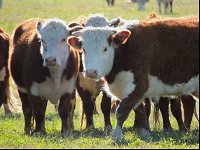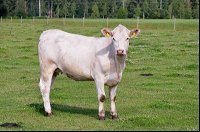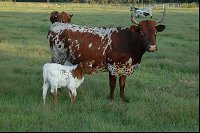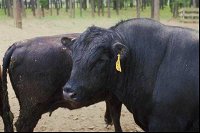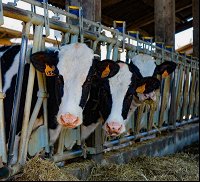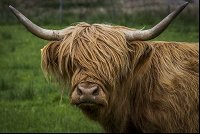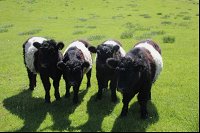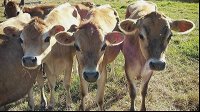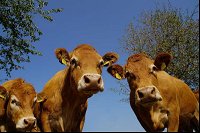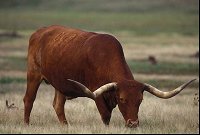
Moooooo Trivia Quiz
Breeds of Cattle
Can you identify these different breeds of cattle just from a photo? The colours and appearances are distinctive, so it shouldn't be too hard, although city dwellers might not see them so regularly. You can click on a photo for a closer look if needed.
by rossian.
Estimated time: 3 mins.
